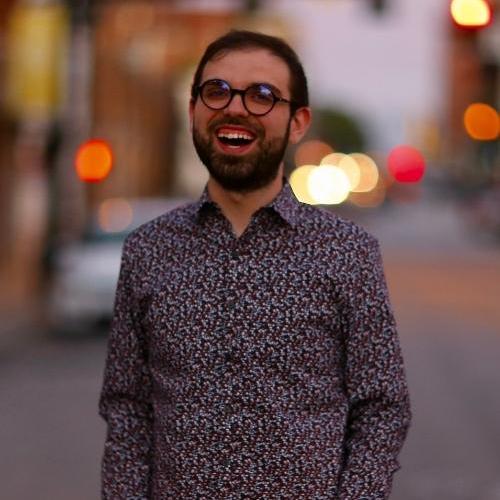With his Choctaw and Muscogee Creek heritage, PhD student David Eby has a personal connection to his research, which seeks to blend Indigenous knowledge with quantitative data practices. Eby, who is a member of Native American House at University of Illinois, is also interested in analyzing online community identity and representation.
Why did you decide to pursue a degree in information science?
I chose information sciences because it's a field where technology and knowledge intersect in meaningful ways. Information science theory interacts with all other domains; every discipline relies on how information is structured, accessed, and understood. This foundational role makes our field both engaging and diverse, with intersectionality inherent in our work.
Our domain holds power—it can kickstart progressive research but also risks flattening phenomena to numbers if not approached thoughtfully. These complexities and countering forces in information science are exciting to me. Above all, the field's broad, interdisciplinary nature allows us to connect with other areas of study, helping ensure that knowledge systems are as inclusive and reflective of the world's complexities.
Why did you choose the iSchool at Illinois?
I chose the iSchool because of its prestigious doctoral program and the encouragement of my graduate advisor, Dr. Peter Organisciak (a PhD iSchool alum now researching at the University of Denver), who recommended Illinois!
What are your research interests?
Positionality is everything as a scholar: We cannot ignore it. I hold many identities. Paternally, I am Choctaw and Muscogee Creek. At the iSchool, I have the opportunity to engage with Indigenous knowledge systems and research. I feel privileged to integrate these valuable and sacred knowledges with an information science approach.
My research seeks to advance ongoing discourse on blending Indigenous epistemologies with quantitative data practices—two concepts that often inherently clash. I explore how data and artifacts carry narratives that communicate stories. I'm also interested in using computational and mixed methods approaches to analyze online communities, such as Native American-focused subreddits, to better understand discussions around identity and representation. Add a dash of policy research, and that's my research identity!
What do you do outside of class?
Outside of class, I enjoy watching NHL hockey (Go Avs!), traveling, trying new foods, and spending time with my Native American House relatives on campus.
What career plans or goals do you have?
One of my mentors, Dr. Charlotte Davidson (Diné/Mandan, Hidatsa and Arikara Nation), has been a pivotal figure in my growth and development at the University of Illinois. Her guidance and encouragement to persist in higher education have profoundly shaped my academic journey and aspirations. After completing my current program, I am considering attending law school, with a particular interest in policy and intellectual property law. Above all, I envision staying in academia, where I can continue teaching, learning, and researching.
